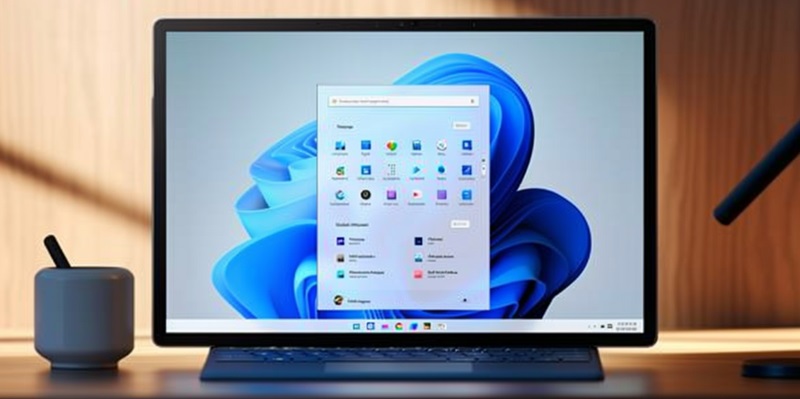Microsoft seems to be reevaluating the deployment of its Copilot AI in server environments amid debates about its utility. This rethinking is evident as Copilot was notably missing from the latest preview of Windows Server 2025. Despite Windows 11’s modest adoption, with a 28% market share compared to Windows 10’s 67%, Microsoft envisioned Copilot as a key feature to entice users. However, the server community appears to welcome the potential withdrawal of Copilot, preferring streamlined, resource-efficient operations over the kind of sophisticated user interaction that Copilot offers. The community’s sentiment was reflected when Bob Pony, an online user, shared a screenshot showing the absence of Copilot in a new server build. This has sparked discussions on whether Microsoft may be reassessing the appropriateness of such AI tools for server use, which requires reliability and performance optimization over user-centric features.
Behind the Screenshots: The Server Debate
The inclusion of Copilot in Windows Server 2025 has sparked debate about the necessity of advanced features versus fundamental server needs such as stability and security. A screenshot by Bob Pony shows Build 26085, yet Microsoft hasn’t clarified Copilot’s role, prompting community speculation about its usefulness for servers where consistent operation is critical. Questions about Copilot’s energy and resource usage suggest that it may be too extravagant for server environments where efficiency is key. Although TechRadar Pro reached out to Microsoft for comment, the lack of response has left the situation unclear. The server community’s preference for streamlined performance is a clear indicator of the skepticism surrounding resource-intensive additions like Copilot. With Microsoft’s ongoing silence, it remains to be seen whether Copilot’s server integration was just a brief test or if its current absence is simply a strategic step back.

